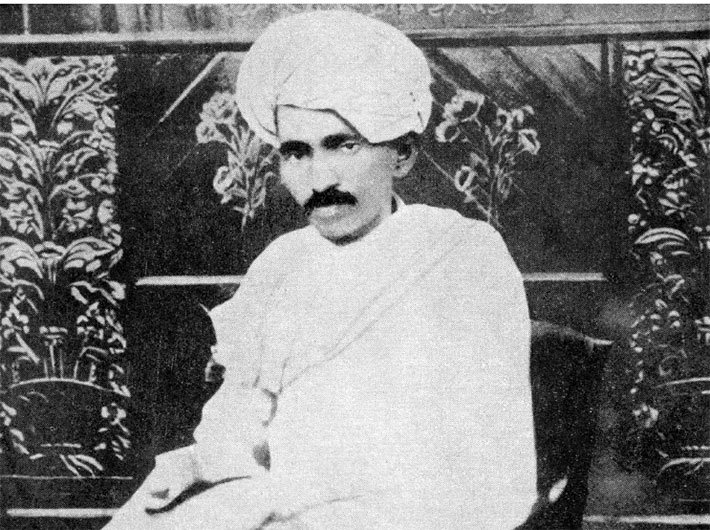Gandhi's written instructions on how to conduct themselves while participating in his novel method of protest
Gandhi was, as usual, busy on several fronts in April 1918. The previous year had witnessed his frst major satyagraha after returning to India, in Champaran. The previous month had witnessed his frst major political campaign in the chosen hometown of Ahmedabad, intervening in the mill-workers strike. Before the two has fnal closure, a third front was opening, in central Gujarat. The Kheda satyagraha, to press agrarians’ demands, formally commenced on March 22 and was declared success in June. Gandhi now had larger and larger followings for his campaigns. To educate the followers, he issued specifc, written instructions on how to conduct themselves while participating in his novel method of protest.
Instructions to Volunteers
Satyagraha Camp, Nadiad [Gujarat]
April 17, 1918
1. The volunteers must remember that, as this is a satyagraha campaign, they must abide by truth under all circumstances.
2. In satyagraha, there can be no room for rancour; which means that a satyagrahi should utter no harsh word about anyone, from a ravania to the Governor himself; if someone does so, it is the volunteer’s duty to stop him.
3. Rudeness has no place in satyagraha. Perfect courtesy must be shown even to those who may look upon us as their enemies and the villagers must be taught to do the same. Rudeness may harm our cause and the struggle may be unduly prolonged. The volunteers should give the most serious attention to this matter and think out in their minds as many examples as possible of the advantages accruing from courtesy and the disadvantages resulting from rudeness and explain them to the people.
4. The volunteers must remember that this is a holy war. We embarked upon it because, had we not, we would have failed in our dharma. And so all the rules which are essential for living a religious life must be observed here too.
5. We are opposing the intoxication of power, that is, the blind application of law, and not authority as such. The difference must never be lost sight of. It is, therefore, our duty to help the offcers in their other work.
6. We are to apply here the same principle that we follow in a domestic quarrel. We should think of the Government and the people as constituting a large family and act accordingly.
7. We are not to boycott or treat with scorn those who hold different views from ours. It must be our resolve to win them over by courteous behaviour.
8. We must not try to be clever. We must always be frank and straightforward.
9. When they stay in villages, the volunteers should demand the fewest services from the village-folk. Wherever it is possible to reach a place on foot, they should avoid using a vehicle. We must insist on being served the simplest food. Restraining them from preparing dainties will add grace to the service we render.
10. As they move about in villages, the volunteers should observe the economic condition of the people and the defciencies in their education and try, in their spare time, to make them good.
11. If they can, they should create opportunities when they may teach the village children.
12. If they notice any violation of the rules of good health, they should draw the villagers’ attention to the fact.
13. If, at any place, they fnd people engaged in quarrelling among themselves, the volunteers should try to save them from their quarrels.
14. They should read out to the people, when the latter are free, books which promote satyagraha. They may read out stories of Prahlad, Harishchandra and others. The people should also be made familiar with instances of pure satyagraha to be found in the West and in Islamic literature.
15. At no time and under no circumstances is the use of arms permitted in satyagraha. It should never be forgotten that in this struggle the highest type of nonviolence is to be maintained. Satyagraha means fghting oppression through voluntary suffering. There can be no question here of making anyone else suffer. Satyagraha is always successful; it can never meet with defeat: let every volunteer understand this himself and then explain it to the people.
MOHANDAS KARAMCHAND GANDHI
[From Gujarati]
Kheda Satyagraha
[Collected Works of Mahatma Gandhi, Vol 14, pages 350-351]
